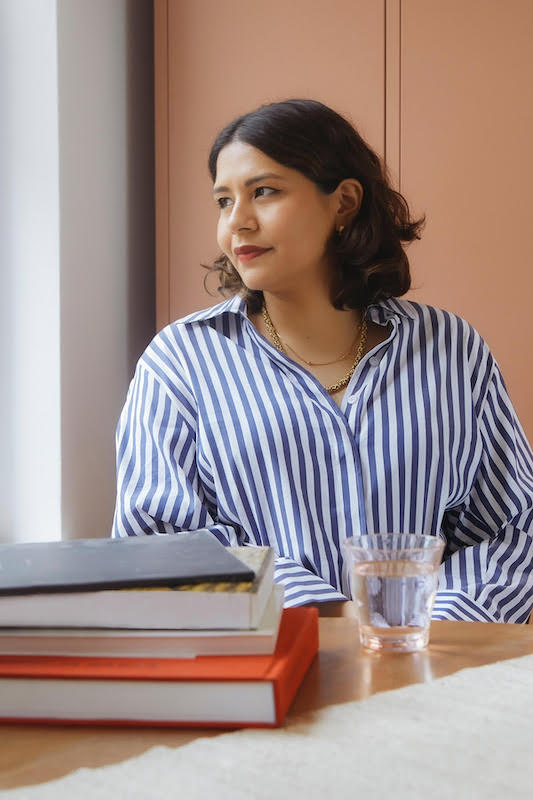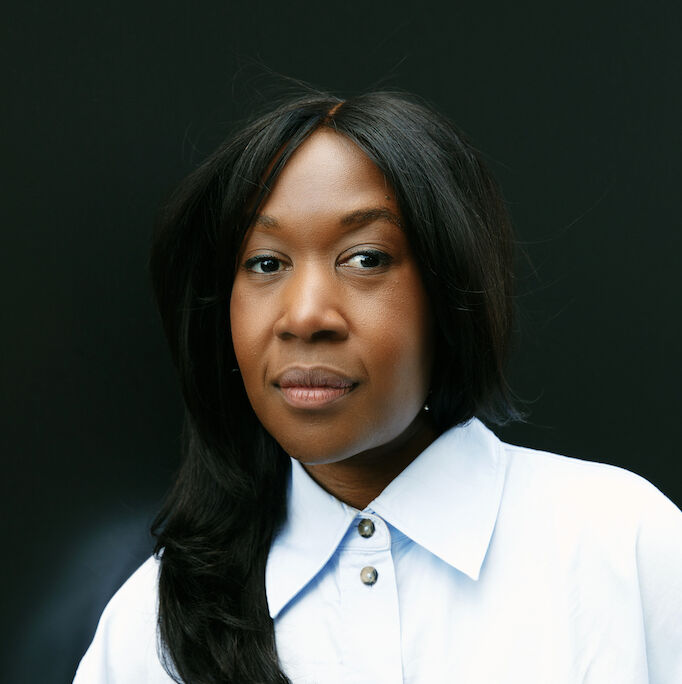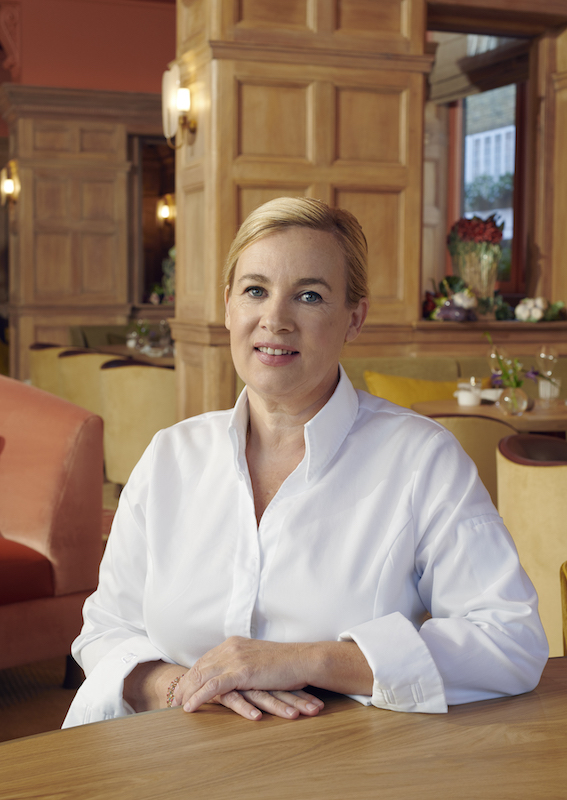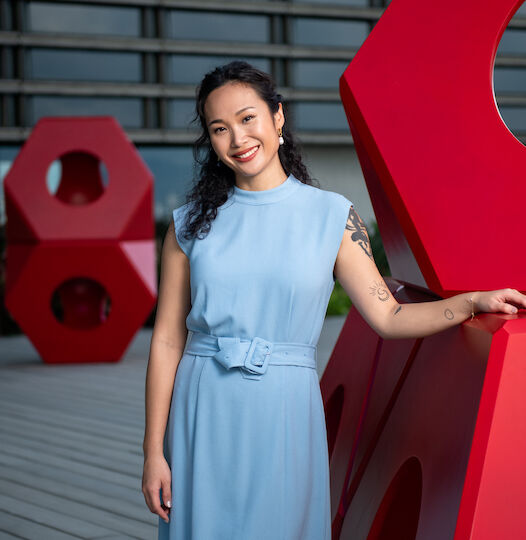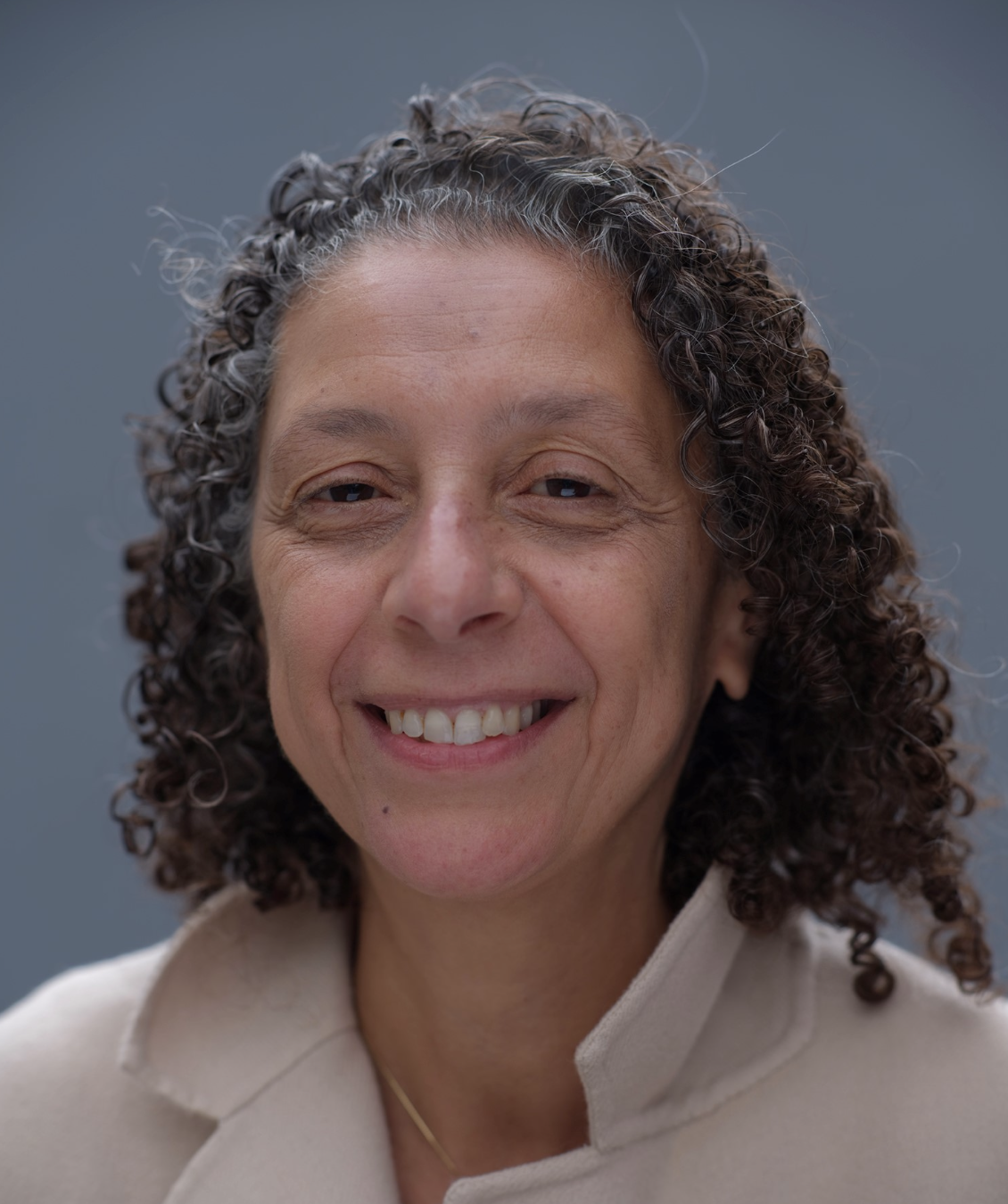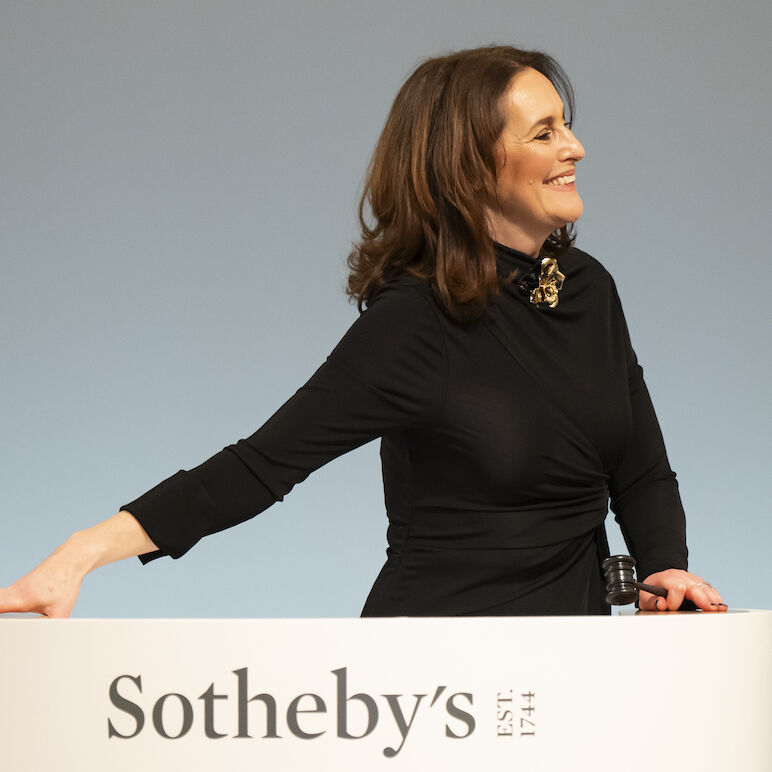

Interview Goodman Gallery’s Jo Stella-Sawicka
Sharing the gallery’s vision in addressing broader social issues and drawing on 10 years working in commercial galleries, including being a director of Stephen Friedman Gallery, Stella-Sawicka was a natural choice to oversee Goodman’s global roster and programming for its Cork Street location.
She is also a trustee of the Institute of Contemporary Art, London, sat on the commissioning panel for the Crossrail Art Programme – the UK’s largest public art scheme – and was a driving force behind London Gallery Weekend. Following the success of last year’s inaugural edition, LGW will return in May for a three-day event uniting the galleries of the capital and art-lovers and curators from across the UK. As this week’s Monday Muse, she shares what inspired the initiative and the next changes she’d like to see in the art world.
THE WICK: Talk us through a typical Monday.
Jo Stella-Sawicka: The gallery is closed, which gives me the opportunity to take stock, plan and strategise for the week ahead. It’s also a chance to see artists — last Monday, I was in Paris, at the Palais de Tokyo, seeing a brilliant new exhibition, Ubuntu, a lucid dream, which includes several Goodman Gallery artists. I also got to hang out with Kapwani Kiwanga, who’s coming up at the Venice Biennale. I consider Monday to be my research day, and that makes it one of the most exciting days of the week.
TW: Who is your personal Monday Muse?
JSS: Clare Lilley, who’s just been announced as the new director of the Yorkshire Sculpture Park. I worked with Clare when I was setting up Frieze Sculpture, and she’s one of the most passionate and knowledgeable curators in her field. She’s an absolute dream to work with, but she’s also got an incredible depth of knowledge. I love working with people who have such a passion for their particular area. Her success could not be better deserved.
TW: How has the Goodman Gallery evolved over the past four years, and where do you think it’s headed?
JSS: We launched at a really challenging time, with an election, Brexit and then the pandemic. Despite the challenges, I feel our message has been able to cut through. The gallery has an incredibly illustrious, rich and important history. It launched in the Sixties as a non-discriminatory space during the apartheid period, and so our social justice mission has been a part of our DNA from the outset. Despite the interruption of the pandemic, people have seen that the programming we’ve made and the artists we’ve worked with has made an impact in London.
TW: The Goodman Gallery focuses on exhibiting work that confronts entrenched power structures and inspires social change. Why do you think this is so important in today’s climate?
JSS: The inequalities that the pandemic made visible means that the conversation is as urgent now as ever. Obviously, those challenges are different in Europe than they are in Africa, but it still means there are very important things to address. Our most recent exhibition in Cape Town looked at the pandemic of gender-based violence in South Africa, and while that’s a major issue in that particular country, that’s not to say it isn’t also a huge problem around the world. Irrespective of the progress that’s been made as a society, there are still major challenges that need to be confronted and the gallery works with artists to create a platform for conversations we think are transforming change. Grada Kilomba, for example, who is an Angolan theorist, performance artist and filmmaker, is at the forefront of conversations around whose research is in the areas of trauma, gender and post colonialism. Her book, Plantation Memories: Episodes of Everyday Racism, which is published in 10 languages, talks about entrenched racism in everyday life. One of her tools is writing, and it’s important for us to support our artists across their different mediums.
“Irrespective of the progress that’s been made as a society, there are still major challenges that need to be confronted.”
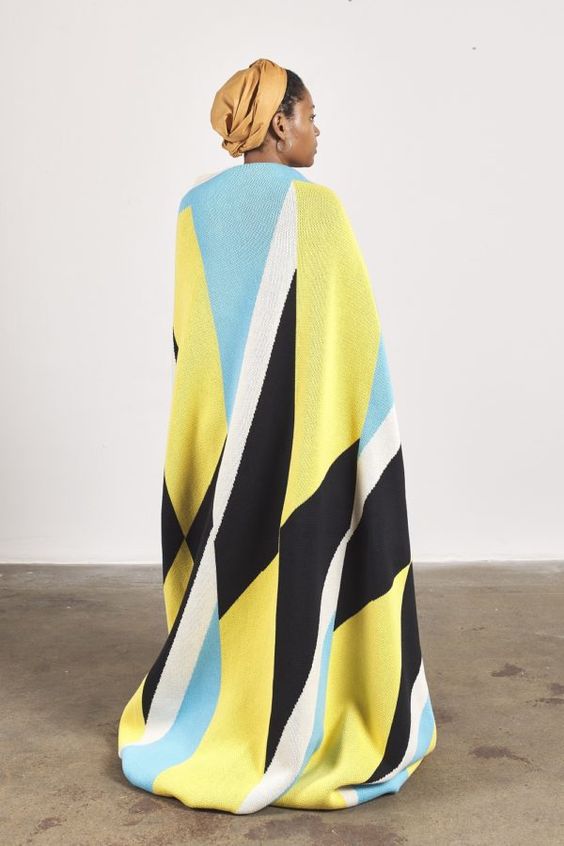
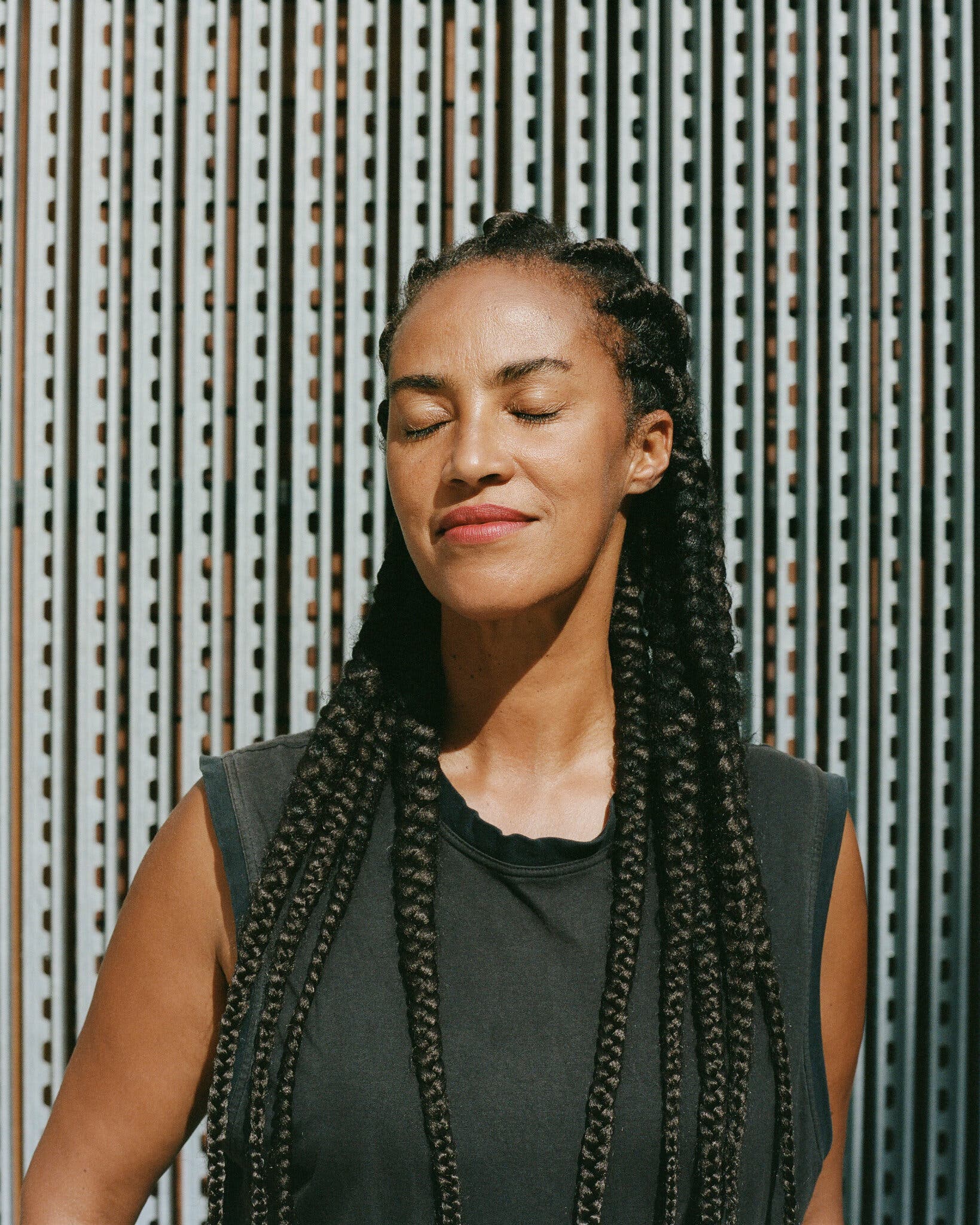
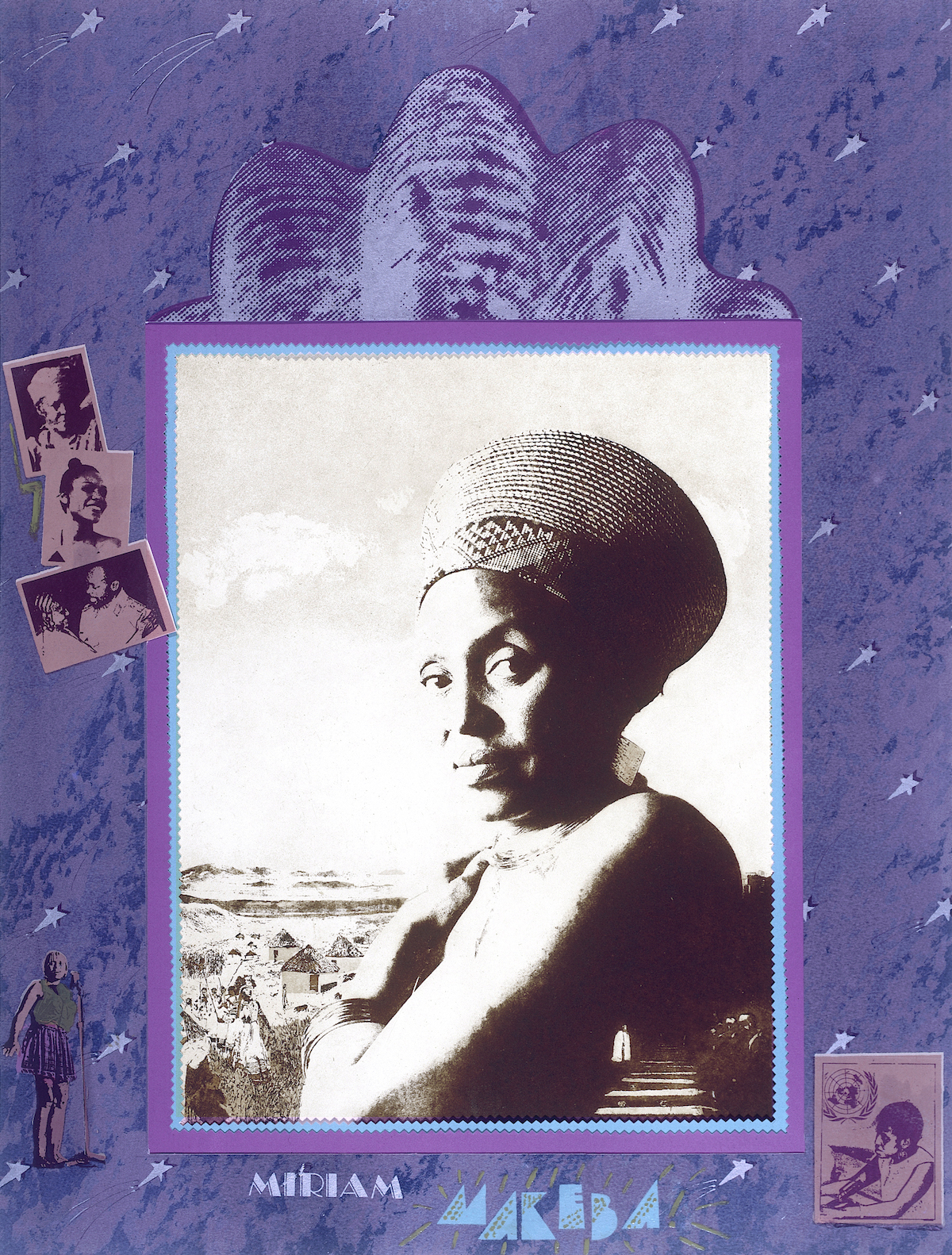
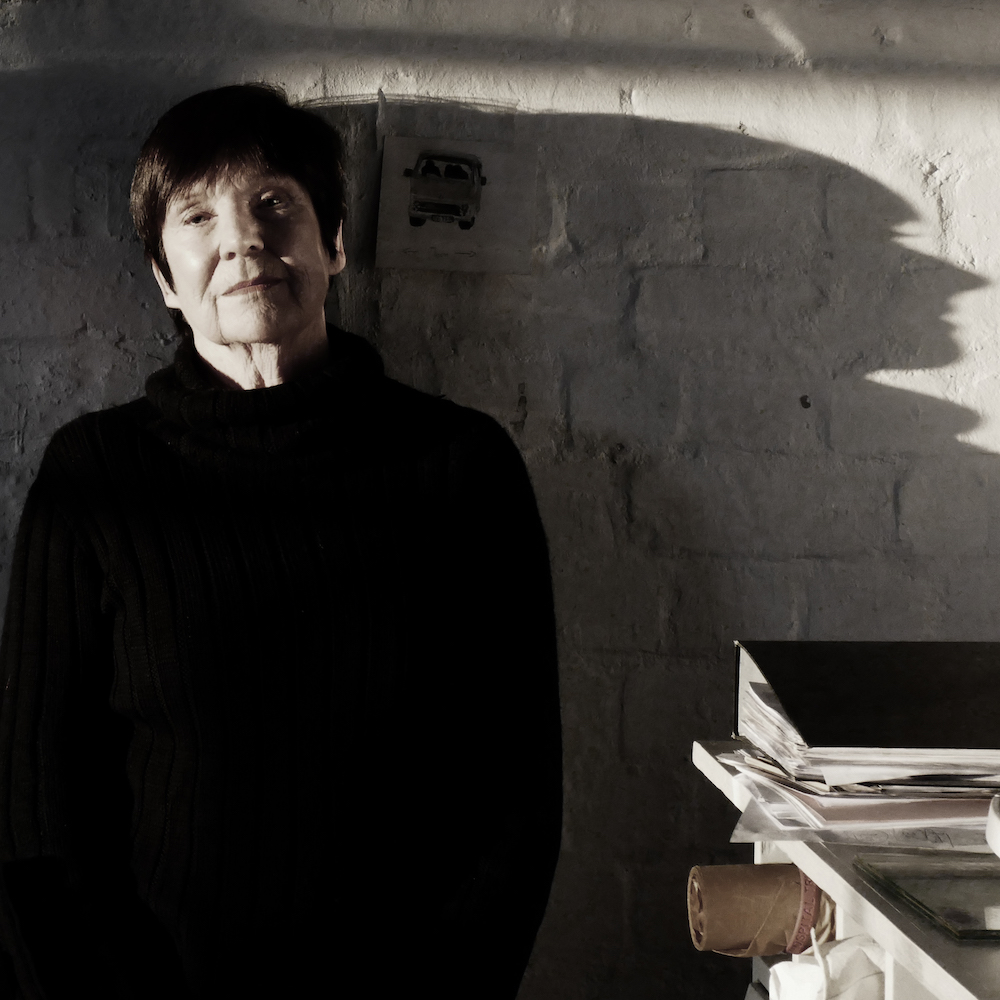
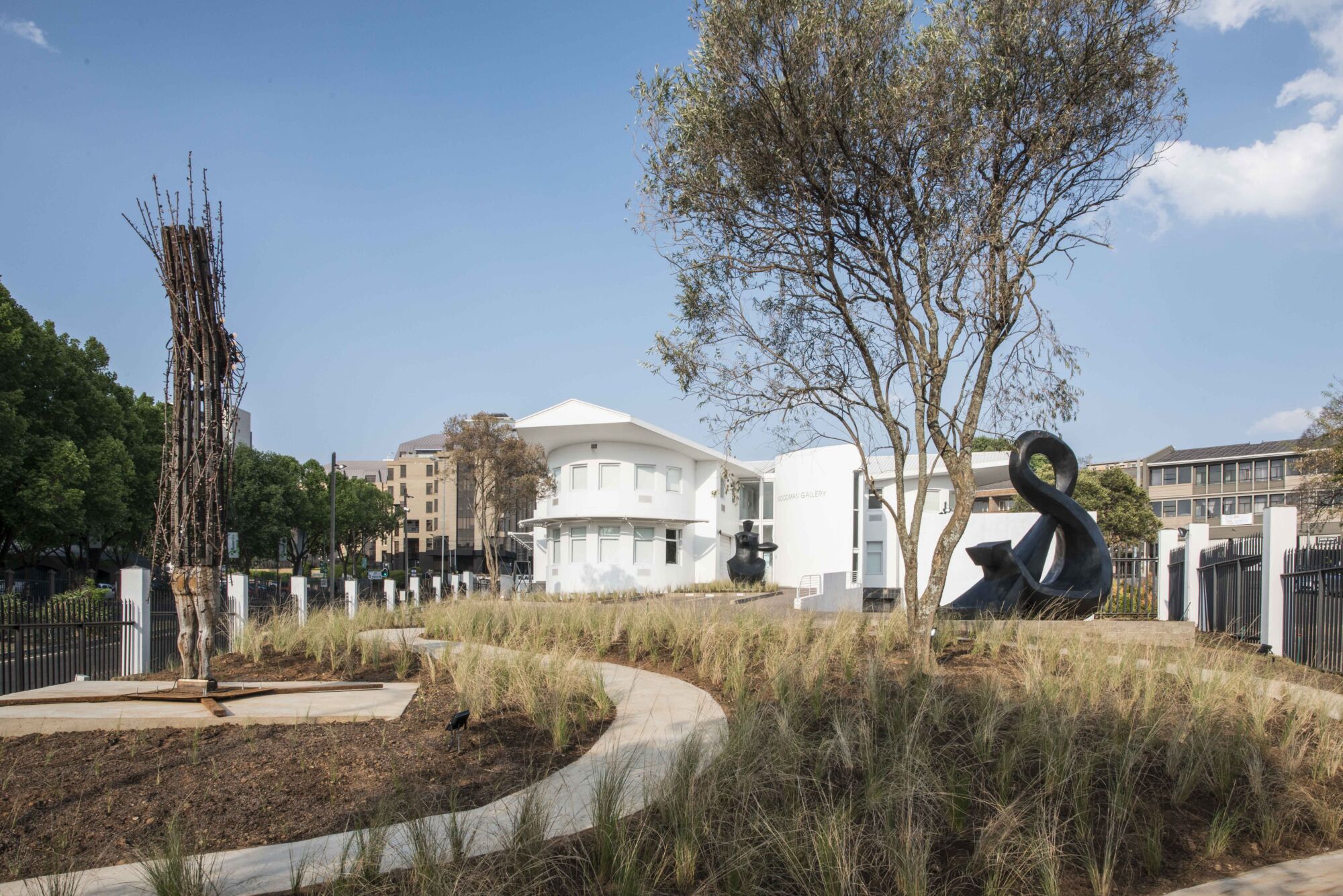
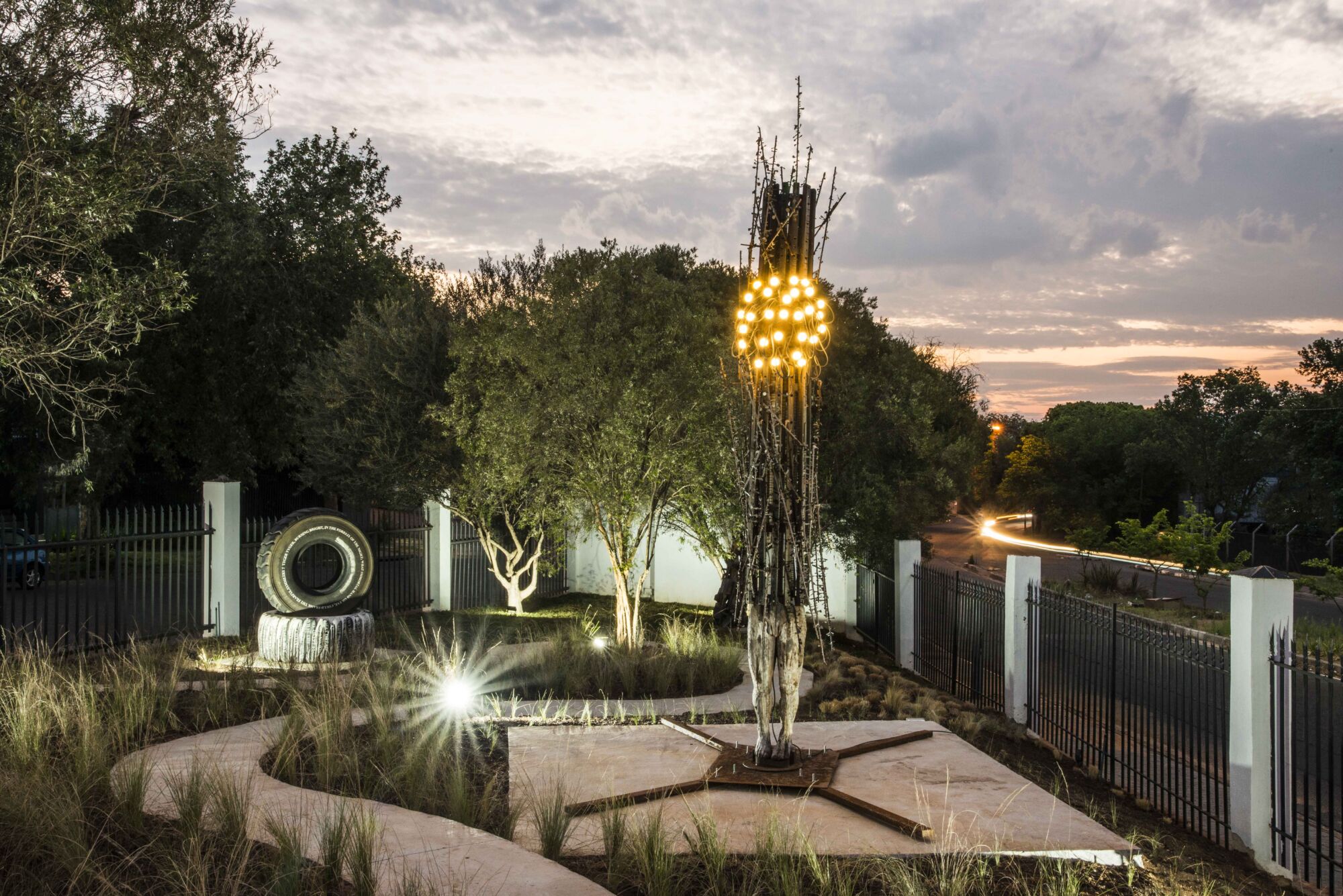
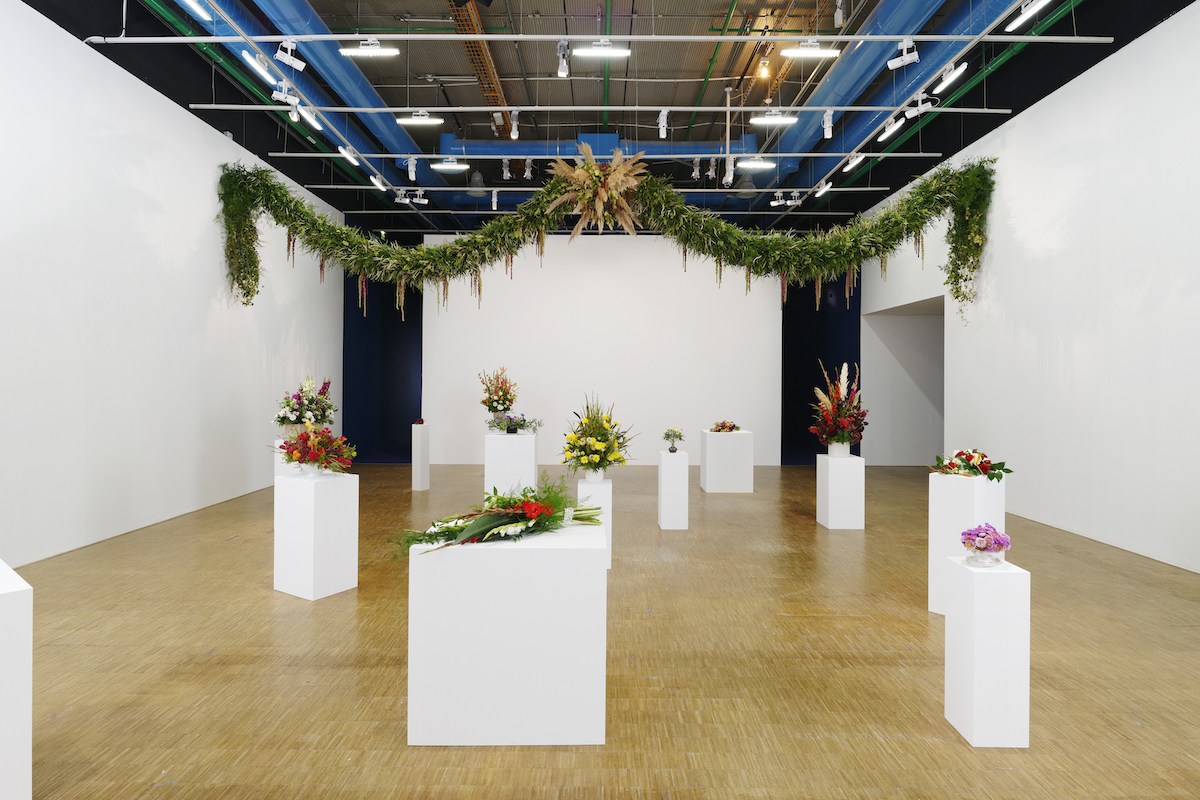
Image Courtesy Centre Pompidou




